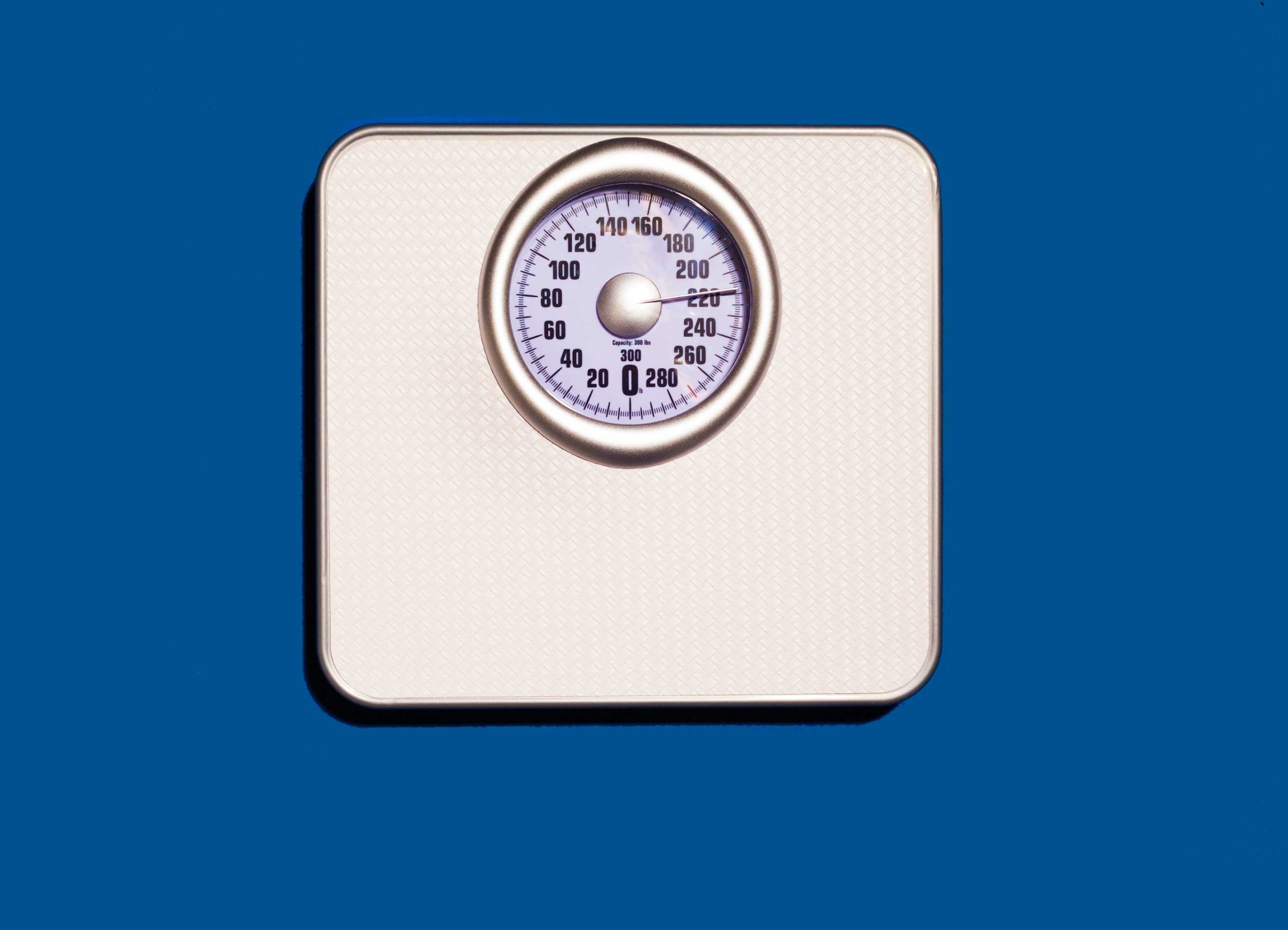
Your BMI, which measures weight as function of height, is supposed to capture whether you’re heavier than you should be, but increasingly, doctors are realizing that number isn’t a looking glass into how healthy someone is. A recent paper in the Annals of Internal Medicine found that many people at both the high and low ends of the healthy-BMI spectrum were more likely to die of any cause earlier than people in the middle.
While weight can theoretically pick up how much fat a person has, weight also encompasses muscle, which means that body builders may have high BMI although they have more muscle than fat, while a more sedentary couch potato might have the same BMI but carry more fat and less muscle. They’re not the same, metabolically speaking, but their BMI numbers are identical. Meanwhile, some studies show that people with higher BMI tend to be healthier and have lower premature death rates than those with lower BMI. Taken together, it’s led to confusing advice about what to do about BMI.
MORE: When ‘Skinny Fat’ Is More Dangerous Than Obesity
“BMI is useful, but increasingly we’re seeing it has limitations,” says Dr. William Leslie, professor of medicine and radiology at the University of Manitoba. “Our study highlights some of the nuances around the assessment of body composition that tells us that BMI can lead us astray in some situations.”
Leslie and his colleagues analyzed the BMI of 50,000 men and women in a study on bone density. Because bone-density tests look at the difference between soft tissues like fat and muscle and bone, these scans included information on how much fat the people carried. When they looked at how body fat correlated with early death, Leslie and his team found that people with the lowest BMI had a 44% to 45% higher risk of dying early — likely because they were malnourished or otherwise ill — than those with more average BMI. Meanwhile, people with the highest body fat composition, regardless of their BMI, also had the highest risk of dying early — women with more body fat showed a 19% increased risk of early death while men had a 60% higher risk of mortality.
MORE: It’s Getting Harder to Lose Weight, Study Shows
“I think it’s strong evidence that we should be looking at measures other than BMI alone to determine someone’s health status,” says Leslie. BMI doesn’t capture how much body fat a person may have. Other measures, including waist circumference, can provide additional information that together with BMI might be a better indicator of someone’s health status. Leslie also notes that the bone-density scan, which many older people get as part of their regular checkups to monitor for osteoporosis, can also provide the information on body-fat composition — doctors just have to look for and use the information provided in the report. “There’s no extra effort and it’s truly information there for the taking,” he says.
He’s not against collecting BMI information on people, since it’s easy to do and a good starting place for evaluating how healthy someone might be. His study also showed that extremely low BMI is associated with a higher risk of death, since having too little muscle mass or fat can also cause problems. But his findings show that just considering BMI isn’t enough to determine whether someone is relatively fit or whether he’s gaining too much fat and needs to be more wary about what he eats and how much he exercises.
More Must-Reads from TIME
- Donald Trump Is TIME's 2024 Person of the Year
- Why We Chose Trump as Person of the Year
- Is Intermittent Fasting Good or Bad for You?
- The 100 Must-Read Books of 2024
- The 20 Best Christmas TV Episodes
- Column: If Optimism Feels Ridiculous Now, Try Hope
- The Future of Climate Action Is Trade Policy
- Merle Bombardieri Is Helping People Make the Baby Decision
Contact us at letters@time.com